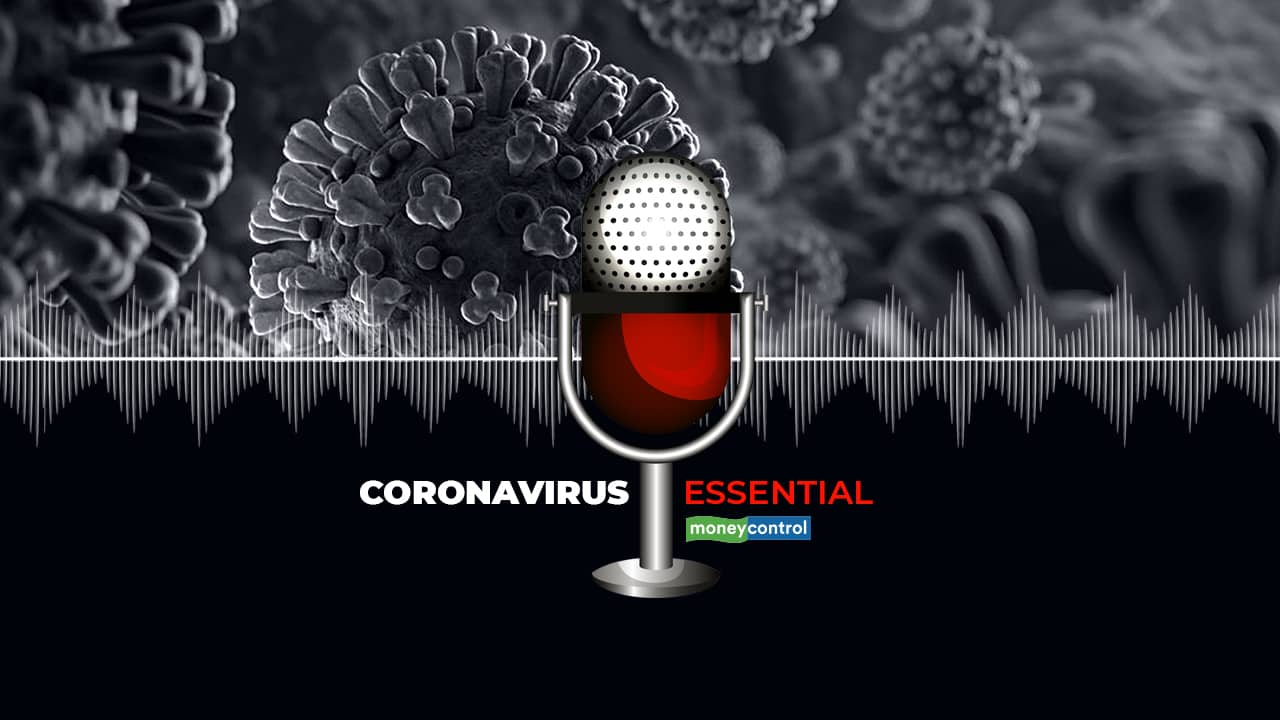On March 5, Prime Minister Narendra Modi said that India has provided COVID-19 vaccines and other medical aid to over 150 countries and 'Made in India' vaccines to almost 50 countries, in a virtual summit with Swedish PM Stefan Löfven.
Meanwhile, Bharat Biotech's Covaxin will undergo strict evaluation in the wake of the Phase 3 trial data. The vaccine producer announced on March 3 that Covaxin was 81 percent effective in preventing coronavirus infection after the third round of clinical trials.
Tune in to the Coronavirus Essential podcast for more.
Discover the latest Business News, Sensex, and Nifty updates. Obtain Personal Finance insights, tax queries, and expert opinions on Moneycontrol or download the Moneycontrol App to stay updated!









